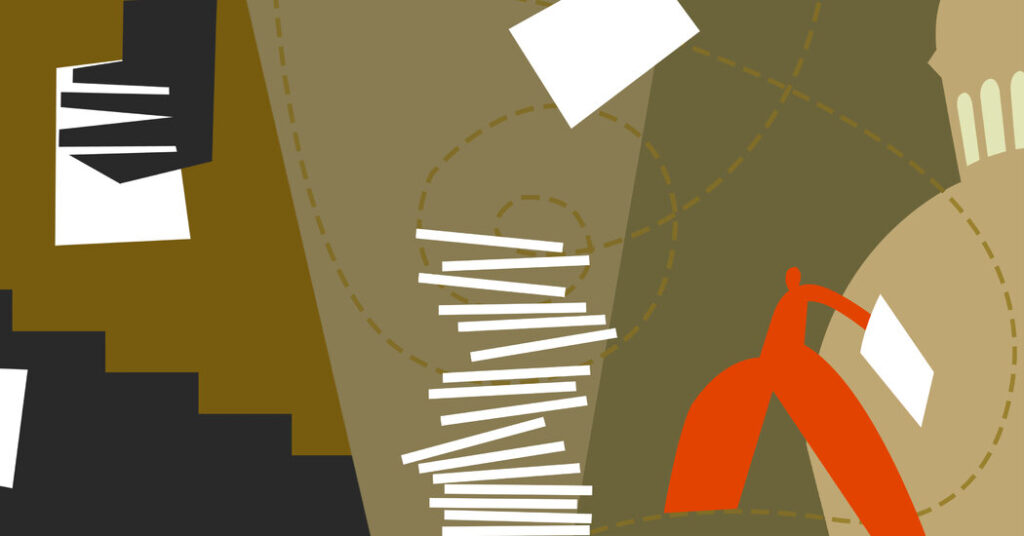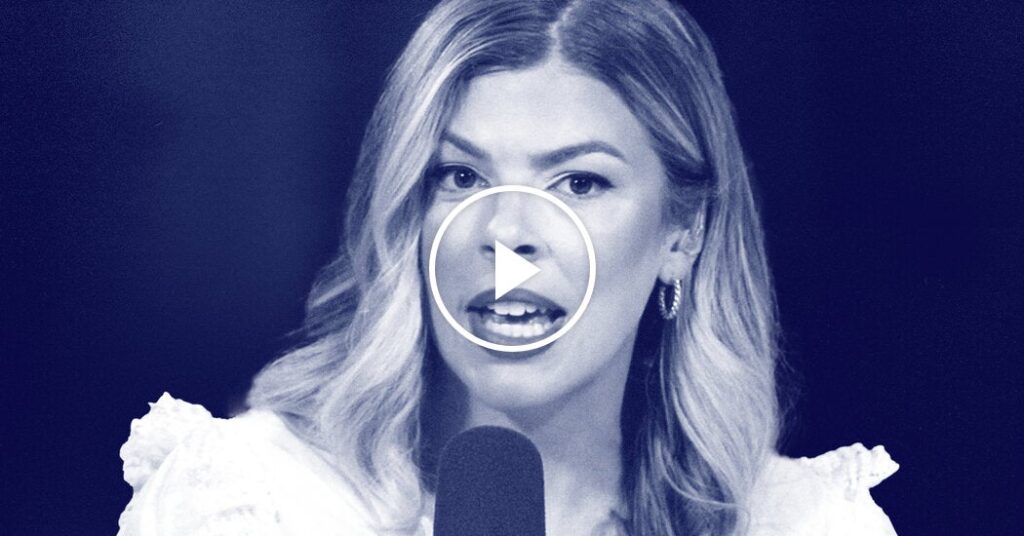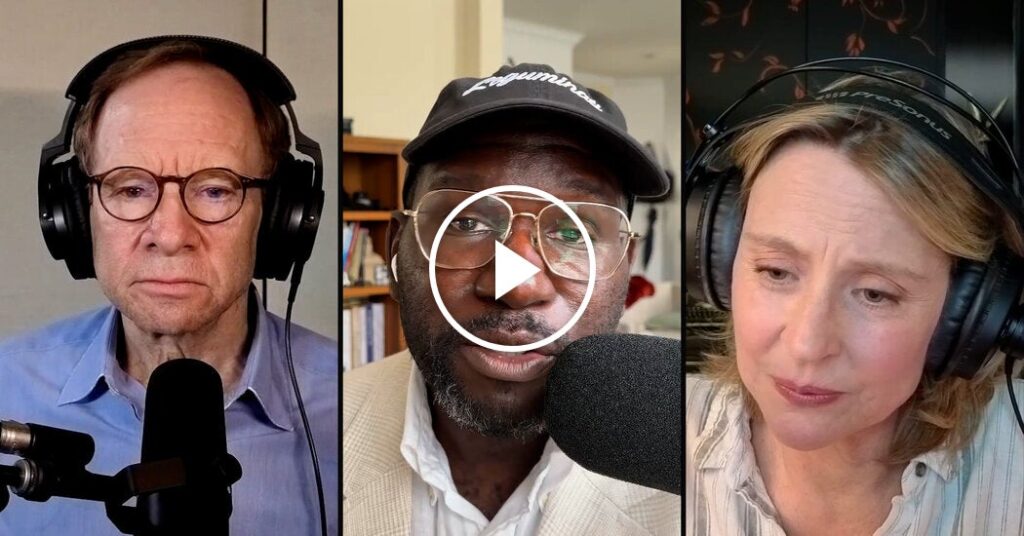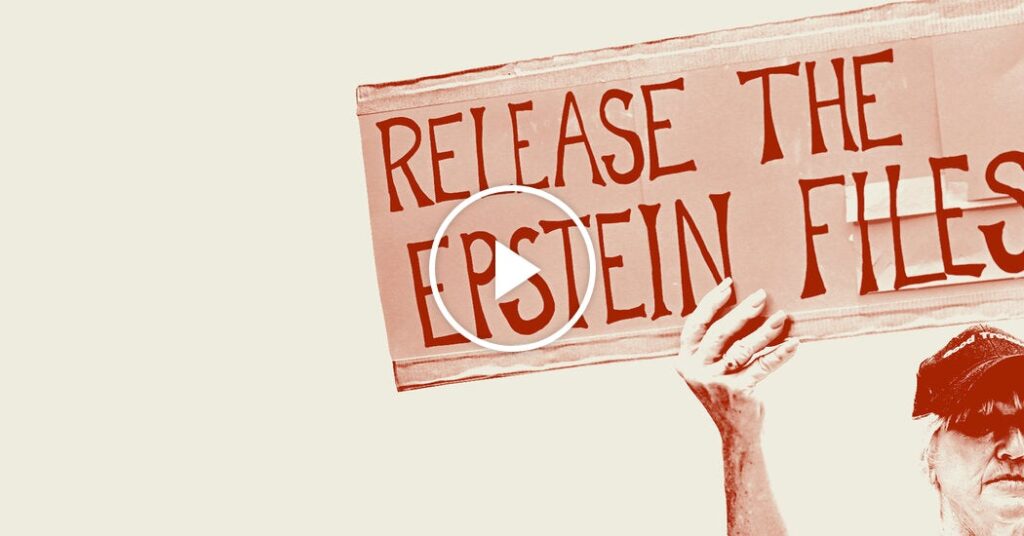Coaching for Effective Choice Making

The Big Idea: Coaching is goal and action oriented. Actions are choices that have predictable consequences/outcomes. Effective, strategic choice making includes planning for possible contingencies and outcomes.
As the saying goes, “When you fail to plan, you plan to fail.” Planning that doesn’t include anticipating problems is doomed to fail.
An RCI trainee submitted this in a Coaching Session Report:
“She said she was going to ask him (her son) what he thought of some of the behaviors she was seeing (of his friends) and then ask him if he thought they were okay.”
The above statement got my attention. Why? While a mother asking her son “what he thought” of the behavior of his friends behavior and if he thought they were “OK” is a great, even enlightened approach for a parent, a BIG piece is missing that is easily overlooked by most people most of the time, including coaches.
That missing piece is that actions have consequences.
To be effective, the above mom’s question would be followed up by asking her son, “What do you think might happen if your friend does [xxx]?” and exploring the possible consequences for the friend and for her son.
Wouldn’t that be great parenting? It’s good “adulting” as well…
Coaching to Support Effective Choice Making
All actions and choices have consequences and one of the best possible coaching activities is to use our Coaching Superpower to help our client think ahead to the possible consequences of any choice, decision, action, plan, strategy, etc. and to refine their plan to minimize and prepare for undesired consequences and maximize the odds for success.
Almost all our daily actions and choices are habitual and automatic and we don’t think about them. We make unconscious choices every day and all day, but effective actions requires careful, conscious, strategic choice making.
If the client could do this on their own, they wouldn’t need a coach!
Kids rarely do this, and it’s amazing that most adults don’t think far ahead either, so I recommend this as part of coaching any client, anytime, about anything. In my opinion, no final decisions upon an action plan should be completed without exploring and planning for possible scenarios/consequences of any choice/decision/strategy.
Success is often dependent upon having a good plan, and a “good” plan includes contingencies for different scenarios/outcomes/events and those scenarios are easy to predict and plan for, but most people don’t do this, which is one of the best benefits of having a coach!
How to Coach Consequences
Here’s a simple coaching protocol:
Question 1: “What are the possible outcomes/results/consequences/scenarios that might happen if you were to [proposed action/strategy]?”
Question 2: “What are the best responses to [specific scenario] that you can think of?”
Question 3: What are the possible downsides to [specific response]?”
Question 4: “Which seems to be your best choice in this situation?”
Question 5: “Are you completely confident in that choice or would you like to find a better option?”
If they would like to find more options than initially identified, initiate Brainstorming in session, followed up by Polling/Research after the session. More info on Brainstorming/Polling/Research here
Staying in the Question
If your client doesn’t like their options and can’t identify their best choice, a valid option is to defer making a decision and “Stay in the Question.”
Goal achievement is a marathon over time, not a sprint that has to happen today. Sometimes in coaching, staying in the question is your most important problem solving strategy and the solutions or strategies that bubble up later are better and more brilliant than making an immediate choice out of impatience.
- Be sure to ALWAYS follow up brainstorming with polling and research if your client is seeking their absolutely best option/strategy.
- Be sure to avoid direct suggestions of possible outcomes/options outside of brainstorming, and while brainstorming be sure to support your client’s creativity and limit your input to one or two things that you identify to be important that your client is missing. Empowering your client to be creative is always the highest priority, not “winning” the brainstorm.
- Remember that you, while your focus is 100% on your client’s agenda, you the coach, are 100% responsible for the PROCESS of coaching, which is “what happens” in the coaching session. By asking questions that focus your client’s attention on the consequences of their choices/options you are not making a specific suggestion (“the content”), you are supporting the “process” of their decision making.
The foundation of professional coaching is assuming that we are capable of achieving our biggest goals and dreams, which will only be successful if we “begin with the end in mind,” which includes planning for possible consequences when making choices and decisions.
The post Coaching for Effective Choice Making first appeared on Relationship Coaching Institute.






Responses